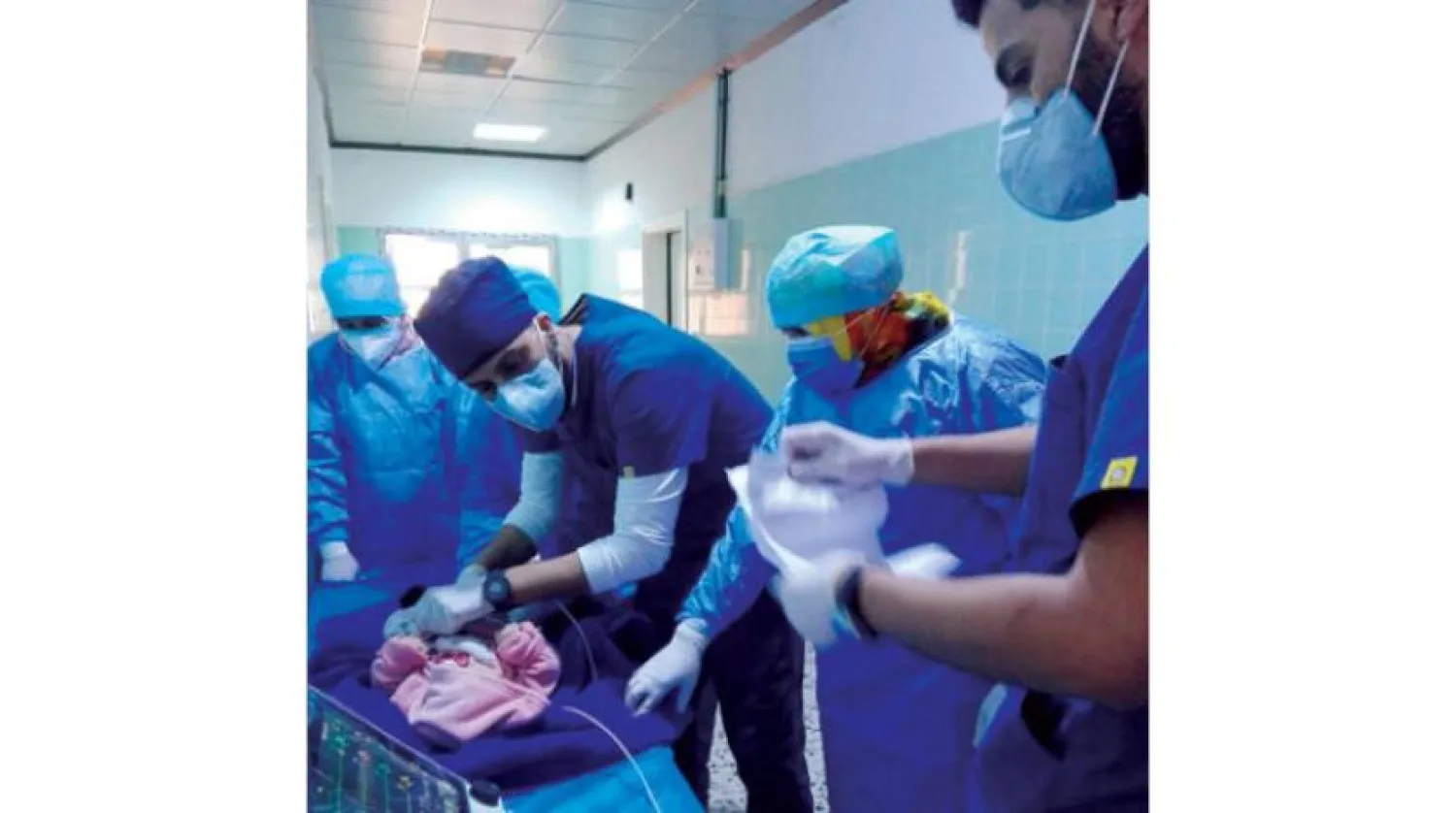Libyan authorities have warned on Saturday of a surge in COVID-19 infections as new cases were confirmed among children and infants.
In the meantime, citizens are still awaiting the arrival of vaccines that have not been delivered on time according to the pledges of the outgoing Government of National Accord (GNA).
The Medical Advisory Committee to Combat the Coronavirus in al-Wahat, southwestern Libya, urged citizens to adhere to the preventative measures in order to stem the spread of the pandemic amid a wave of panic among them over the quick transmission of the virus and the increased number of deaths.
The committee attributed this increase to the people’s non-compliance with precautions. It warned that the surge would continue if they failed to respect health regulations.
Meanwhile, the northwestern Kabaw municipality launched a campaign on Friday to test infants and children between the ages of one month and 18 years in an effort to curb the outbreak in the area after it recorded a number of infections in this age category.
Local authorities warned that the second wave of the pandemic was more severe than the first and that people of all ages have not been spared from it.
The GNA had struck agreements for the delivery of 12 million vaccine shots that should have arrived in the country in late March, but the shipments have been delayed.
Head of the new Government of National Unity (GNU), Abdulhamid Dbeibeh pledged to quickly provide the jabs “no matter the cost,” stressing that his government has set this issue as a priority.









